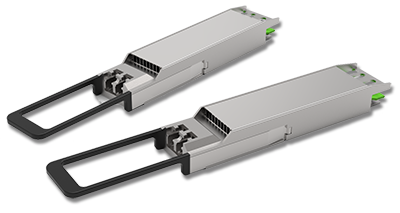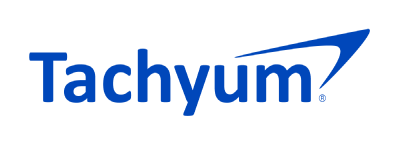Centro multimediale / Comunicati stampa / 2022 /
Tachyum Joins OSFP MSA to Advance the Science of Supercomputing
· 4 minuti per leggere

LAS VEGAS, Nevada, March 29, 2022 – Tachyum™ today announced it has entered the Octal Small Form Factor Pluggable (OSFP) Multi-Source Agreement (MSA) to help foster higher performance, scale, and density for supercomputers, public and private clouds and AI.
The OSFP MSA group, established in November 2016, spearheads the technical challenge of defining next-generation high-speed networking applications. With more than 100 members, the OSFP MSA is continuing to innovate to deliver the highest performing pluggable optics module solutions for high-speed networking.
OSFP is a new format with eight high-speed electrical lanes that is slightly wider and deeper than the current QSFP standard. More advanced networking formats are necessary not only for better performance but for reduced power consumption; depending on the specific technology, OSFP is projected to increase power efficiency to 7.5 watts - 15 watts. An integrated heat-sink greatly improves thermal performance as well.
OSFP MSA members work together to define the OSFP specification, including mechanical module, card cage, electrical interface, pinout, and management interface. These future systems and optics are crucial for supercomputers and AI, and the OSFP specification can meet the projected thermal requirements for 800 Gbps optics.
“It’s important that Tachyum takes an increasingly active role in ecosystems for next-generation computing, because the Prodigy Universal Processor will be the centerpiece of tomorrow’s supercomputing projects, AI/ML, hyperscale cloud, and other innovations,” said Dr. Radoslav Danilak, founder and CEO of Tachyum. “To a large extent we were driven to create Prodigy to address the runaway electrical power costs of running large data centers, AI, and high-performance computing requirements, and the OSFP is aligned with those goals too.”
Prodigy has the potential to create unrivaled computational speed and vast energy saving capabilities for hyperscale, OEM, telecommunication, private cloud and government markets. Prodigy’s 10x lower processor core power consumption will dramatically cut carbon emissions associated with data center usage. Prodigy’s 3x lower cost (at equivalent performance) will also translate to billions of dollars in annual savings to hyperscalers like Google, Facebook, Amazon and Alibaba.
Tachyum’s Prodigy processor can run HPC applications, convolutional AI, explainable AI, general AI, bio AI, and spiking neural networks, plus normal data center workloads, on a single homogeneous processor platform, using existing standard programming models. Without Prodigy, hyperscale data centers must use a combination of disparate CPU, GPU and TPU hardware, for these different workloads, creating inefficiency, expense, and the complexity of separate supply and maintenance infrastructures. Using specific hardware dedicated to each type of workload (e.g. data center, AI, HPC), results in underutilization of hardware resources, and more challenging programming, support, and maintenance. Prodigy’s ability to seamlessly switch among these various workloads dramatically changes the competitive landscape and the economics of data centers.
Follow Tachyum
https://www.linkedin.com/company/tachyum
https://www.facebook.com/Tachyum/
About Tachyum
Tachyum is transforming AI, HPC, public and private cloud data center markets with Prodigy, the world’s first Universal Processor that delivers industry-leading performance, cost, and power efficiency for both specialty and general-purpose computing. When Prodigy processors are provisioned in a hyperscale data center, they enable all AI, HPC, and general-purpose applications to run on one hardware infrastructure, saving companies billions of dollars per year. A fully functional Prodigy emulation system is currently available to select customers and partners for early testing and software development. With data centers currently consuming over 3% of the planet’s electricity, predicted to be 10% by 2025, the ultra-low power Prodigy Universal Processor is critical, if we want to continue doubling worldwide data center capacity every four years. Tachyum, Co-founded by Dr. Radoslav Danilak with its flagship product Prodigy, is marching towards tape out and chip sampling in 2022, with software emulations and an FPGA-based emulator running native Linux available to early adopters. The company is building the world’s fastest 64 AI exaflops supercomputer in 2022 in the EU with Prodigy chips. Tachyum has offices in the United States and Slovakia. For more information, visit https://www.tachyum.com/.

